Employers at war with Anthony Albanese over planned IR changes
The PM’s relationship with business is disintegrating amid open revolt against plans to push through major IR reform.
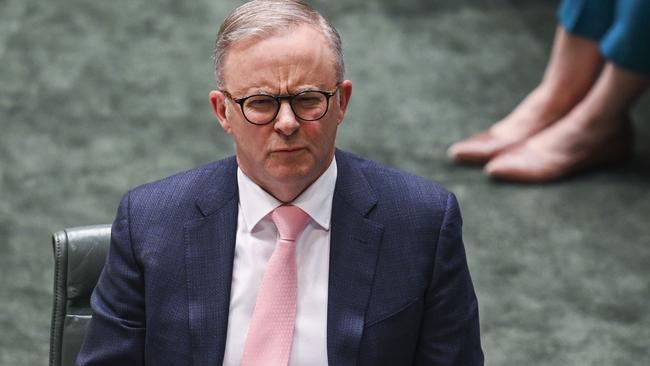
Anthony Albanese’s relationship with the private sector is disintegrating as business wages open warfare against plans to push through major workplace relations changes before Christmas and senior cabinet ministers publicly attack Reserve Bank governor Philip Lowe.
Labor MPs on Wednesday rejected Dr Lowe’s advice to make workplaces more flexible and mocked Qantas chief executive Alan Joyce, with NSW senator Tony Sheldon accusing the national carrier of “mongrel corporate gorillaship” over its treatment of workers.
Industry leaders and economists hit back against criticism of Dr Lowe, who challenged the government in a speech on Tuesday night to get the budget under control, make workplaces more productive and avoid a “painful” recession by increasing wages to keep pace with inflation.
The RBA warning came as the government attempts to muster upper house support for the passage of its Secure Jobs, Better Pay legislation, which contains contentious multi-employer bargaining changes. Workplace Relations Minister Tony Burke is expected to hold discussions with key crossbench senator David Pocock on Thursday.
While the Prime Minister on Wednesday met Mr Joyce, whose company has criticised the proposed IR changes and warned of possible cuts to domestic routes, Labor MPs unleashed a ferocious attack on the airline boss.
Senator Sheldon, a former Transport Workers Union national secretary, accused Qantas of “mongrel corporate gorillaship”.

He attacked Mr Joyce for launching a “war on the middle class” over plans to move 1300 workers off enterprise agreements, claiming the airline wanted to drive down wages.
“I’ve met with mongrel corporate gorillas throughout my life; it doesn’t mean you have to agree with them – and in Qantas’s case you also don’t have to respect them,” Senator Sheldon said.
The TWU says Qantas has set up 17 subsidiaries and engaged 21 contractors to shift half its directly employed workforce onto lower-paying jobs.
Former Labor leader and Australian Workers Union national secretary Bill Shorten said Mr Joyce should not be “in charge of the wages system of this country”. ACTU secretary Sally McManus accused the Qantas chief executive of “walking the corridors of parliament” to try to stop the passage of the industrial relations bill.
Qantas rejected claims it wanted to reduce costs, arguing that all employees moved onto its management framework would “receive 3 per cent annual pay rises, retain key entitlements and, importantly, would have the opportunity to receive annual bonuses for the first time”.
“All shift workers will retain overtime payments, claims otherwise are simply wrong,” said a spokesman for the airline.
The spat between government and business comes after Mr Albanese used his jobs summit in September to argue his objective was to “bring people together” and “to look for agreement, not look for argument”.
Industry leaders took aim at Labor after Mr Shorten and fellow cabinet minister Tanya Plibersek publicly criticised Dr Lowe’s contribution to the economic debate.
Mr Shorten rebuked Dr Lowe’s assessment of a possible wage-price spiral as “just rubbish”, while Ms Plibersek questioned his assessment that getting through the inflation crisis could be relatively “painless” if wages growth stayed in the current range.
Australian Industry Group chief executive Innes Willox said it was “deeply unfortunate that various political figures have chosen to attack the governor of the Reserve Bank for again stating what is economically obvious”.
“As much as we might wish that steep wage increases have no costs, the reality is that excessive wages growth will push up interest rates, unemployment and underemployment,” Mr Willox said.
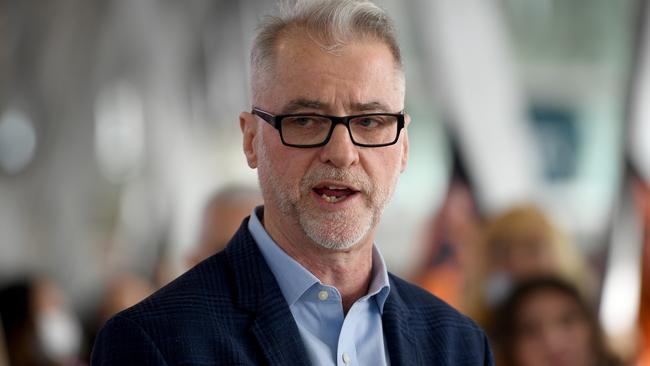
Mr Albanese hit back at the nation’s biggest employers at a meeting of trade unionists on Monday, declaring that those who resisted higher wages reforms were “wrong every time”.
EY chief economist Cherelle Murphy said central bankers were right to warn against forcing wages higher to chase inflation because “if they aren’t doing it, no-one else is”. “It’s always the work of the central banker to keep inflation expectations down, and that is what he (Dr Lowe) is doing here,” Ms Murphy said.
Westpac chief economist Bill Evans said there were “major risks” on the inflation front, and Dr Lowe’s warnings about wage demands that matched inflation were justified. PwC chief economist Amy Auster said Dr Lowe was not arguing against decent pay rises for workers but pointing out that high inflation was “the biggest tax you can impose on households, especially lower to middle income households”.
Dr Lowe, whose term ends next September, has come under pressure after the RBA conceded its inflation projections and interest rates forecasts were wrong. After telling Australians the cash rate was not expected to rise until 2024, the RBA has overseen the sharpest series of rate hikes in almost three decades.
The government ordered a review into the RBA’s operations, governance, performance and mandate after the May election, which has heaped pressure on the bank as it responds to global inflation and recession pressures.
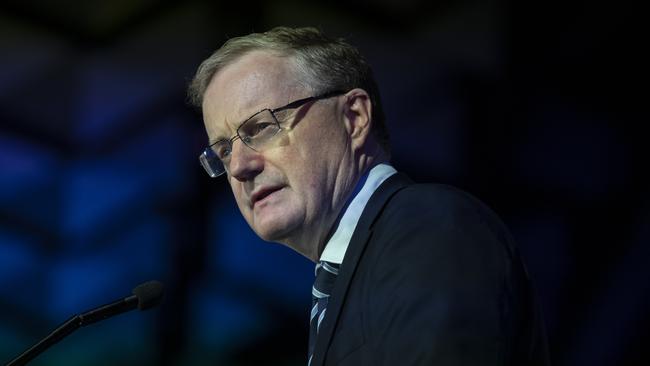
Mr Shorten criticised Dr Lowe’s inflation analysis. “These wages changes aren’t going to lead to double digit wages inflation. Like it’s just rubbish. That’s not what’s happening … If wages move too far too fast, that’s not desirable. But wages not moving at all is a disaster,” Mr Shorten said.
Australian Chamber of Commerce and Industry chief executive Andrew McKellar and Business Council of Australia chief executive Jennifer Westacott seized on Dr Lowe’s speech to rail against Labor’s “rushed” IR changes.
Mr McKellar said he was “right to signal that the only sustainable path to higher wages is to ensure Australians can work more productively and more flexibly”.
“The worst decision Australia could make in the face of global headwinds and rising costs is to reject enterprise bargaining in favour of recentralising industrial relations and imposing multi-employer rules controlled by trade union officials,” Mr McKellar said.
Ms Westacott said Australia could not afford a workplace relations system that locked in outdated industry and work practices.
Mr Burke on Wednesday said he would consider a Senate inquiry recommendation that the small business exemption from multi-employer bargaining in Labor’s IR legislation be lifted from 15 to 20 employees. He argued that 2.5 million businesses would be excluded from the single-interest multi-employer bargaining stream — the most contentious part of the bill.
Senator Pocock, who is yet to determine his position on the small business threshold, is understood to be unconvinced that the increase to 20 employees is sufficient to address his concerns.
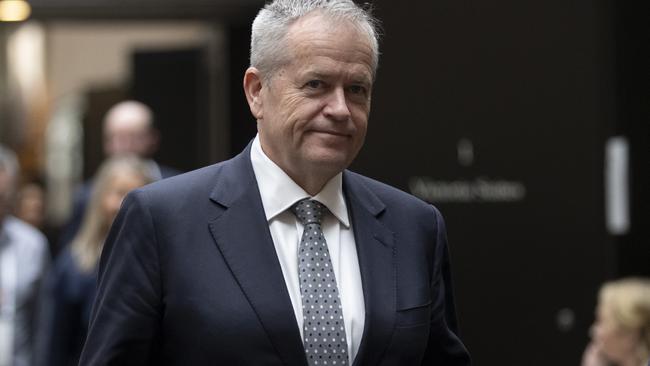
ADDITIONAL REPORTING: SARAH ISON

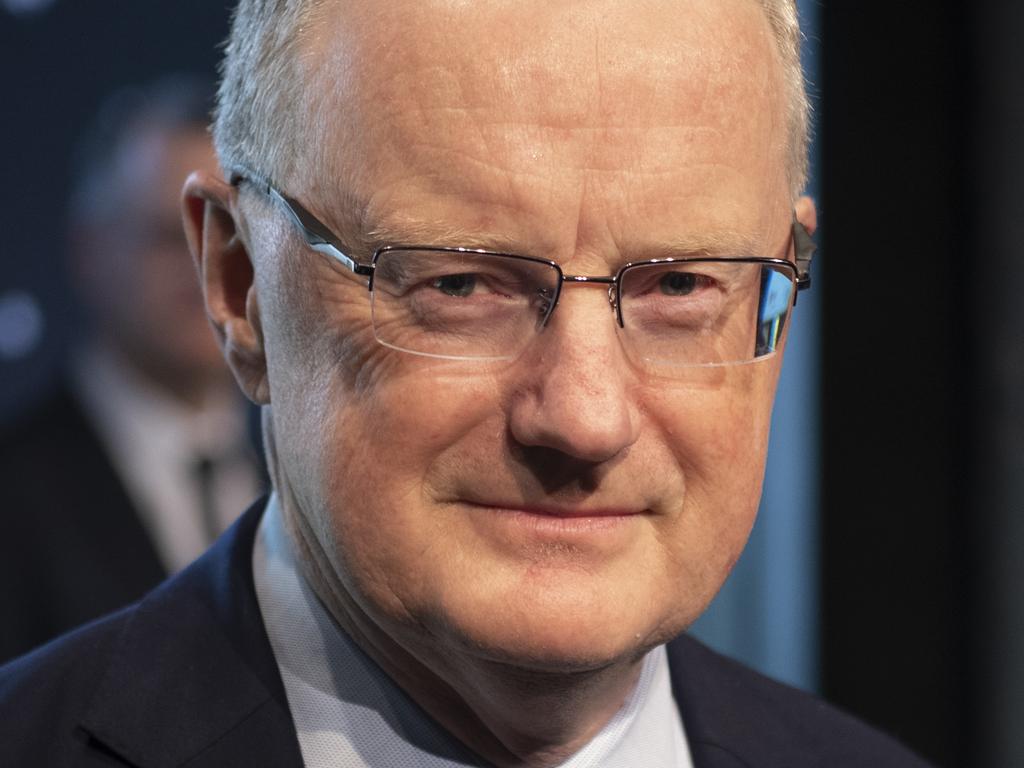

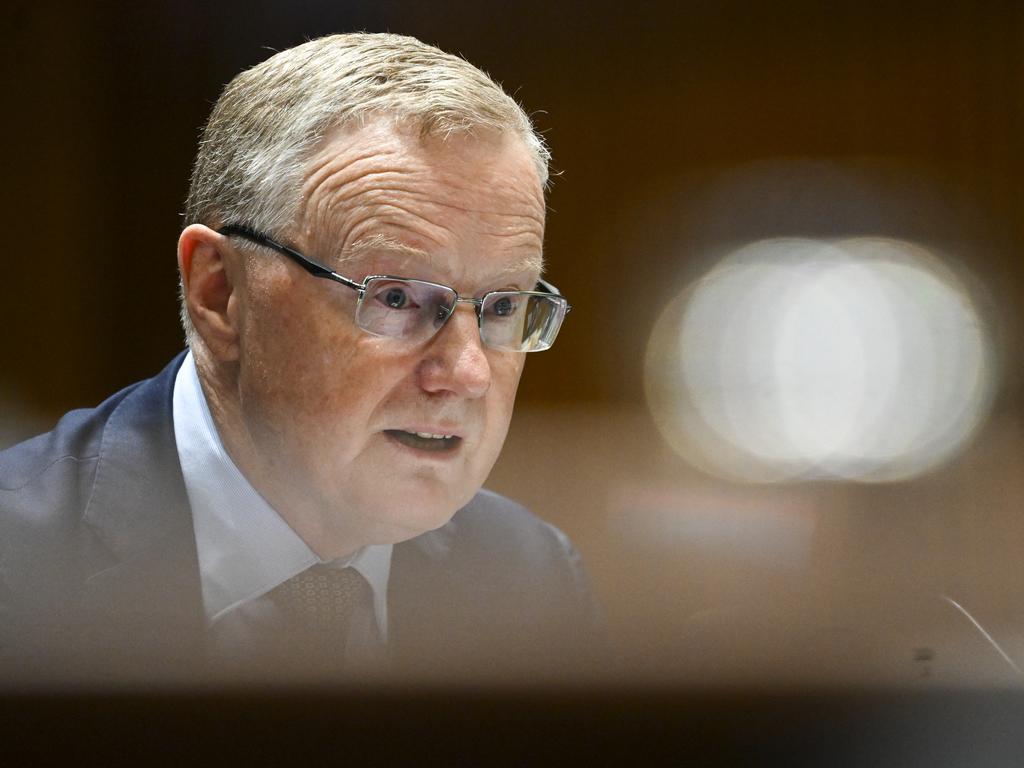



To join the conversation, please log in. Don't have an account? Register
Join the conversation, you are commenting as Logout